The Druids - Pastime With Good Company (Reissue, Remastered) (1972/2016)
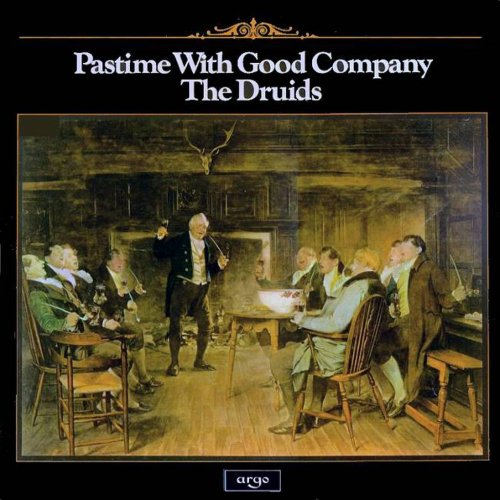
Artist: The Druids
Title: Pastime With Good Company
Year Of Release: 1972/2016
Label: Talking Elephant Records
Genre: Folk
Quality: Mp3 320 / Flac (tracks, .cue, log)
Total Time: 38:28
Total Size: 99/227 Mb
WebSite: Album Preview
Title: Pastime With Good Company
Year Of Release: 1972/2016
Label: Talking Elephant Records
Genre: Folk
Quality: Mp3 320 / Flac (tracks, .cue, log)
Total Time: 38:28
Total Size: 99/227 Mb
WebSite: Album Preview
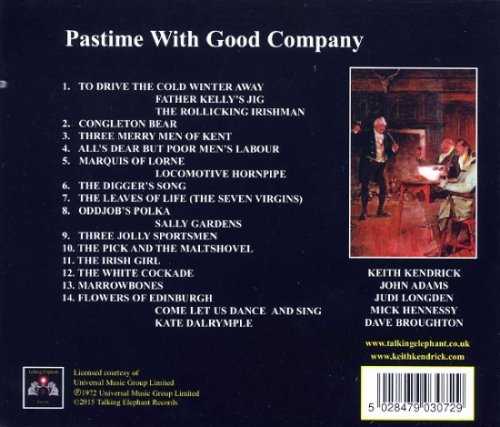
Tracklist:
01. Drive The Cold Winter Away / Father Kelly's Jig / Rollicking Irishmen
02. Congleton Bear
03. Three Merry Men Of Kent
04. All's Dear But Poor Men's Labour
05. Marquis Of Lorne / Locomotive Hornpipe
06. The Digger's Song
07. The Leaves Of Life (The Seven Virgins)
08. Oddjobs Polka
09. Three Jolly Sportsmen
10. Pick And The Maltshovel
11. The Irish Girl
12. The White Cockade
13. Marrowbones
14. Flowers Of Edinburgh / Come Let Us Dance & Sing / Kate Dalrymple
Line-up:
Backing Vocals, Fiddle – Dave Broughton
Vocals, Bass – Mick Hennessy
Vocals, Concertina, Guitar – Keith Kendrick
Vocals, Fiddle, Accordion – John Adams
Vocals, Guitar, Drum, Recorder – Judi Longden
The Druids were a superb acoustic folk quintet who started a little too late to achieve major popularity, amid the presence of outfits like Steeleye Span and Fairport Convention. Formed as a trio in 1969 by ex-pop musician John Adams (vocals, mandolin, bass), and folk singers Keith Hendrick (vocals, guitar, banjo) and Mick Hennessy (vocals, bass), the group played its first gig at the Manchester Sports Guild in November of that year. A few months later, itinerant fiddler Dave Broughton joined them, and in 1970, while appearing in a documentary film about English folk musicians, they met fifth member Judi Longden, who added her voice to the proceedings.
With their reliance on acoustic instruments, the Druids were far more tradition-based than either Fairport Convention or Steeleye Span. Their repertory consisted of traditional English, Scottish, Welsh, and Irish songs arranged for four voices, and their music had a pleasingly archaic feel, not resembling folk-rock at all. If anything, they sounded more like the kind of outfit that A.L. Lloyd or Ralph Vaughan Williams (editors of the definitive collection of English folk songs) would have approved of, without a trace of uncalled for elegance or pretentiousness.
The group broke up in the early 1970s, and Adams later turned up as a member of the group Muckram Wakes and the New Victory Band. They left behind a small but pleasing recorded legacy, contemporary with the best years of Fairport Convention and Steeleye Span but radically conservative in its approach to the music.
With their reliance on acoustic instruments, the Druids were far more tradition-based than either Fairport Convention or Steeleye Span. Their repertory consisted of traditional English, Scottish, Welsh, and Irish songs arranged for four voices, and their music had a pleasingly archaic feel, not resembling folk-rock at all. If anything, they sounded more like the kind of outfit that A.L. Lloyd or Ralph Vaughan Williams (editors of the definitive collection of English folk songs) would have approved of, without a trace of uncalled for elegance or pretentiousness.
The group broke up in the early 1970s, and Adams later turned up as a member of the group Muckram Wakes and the New Victory Band. They left behind a small but pleasing recorded legacy, contemporary with the best years of Fairport Convention and Steeleye Span but radically conservative in its approach to the music.
![The Mood Mosaic - The Sexploitation (Pulp Grooves From The Mondo Porno Vault) (2025) [Hi-Res] The Mood Mosaic - The Sexploitation (Pulp Grooves From The Mondo Porno Vault) (2025) [Hi-Res]](https://www.dibpic.com/uploads/posts/2025-12/1766131648_uhod8d4qn4msi_600.jpg)
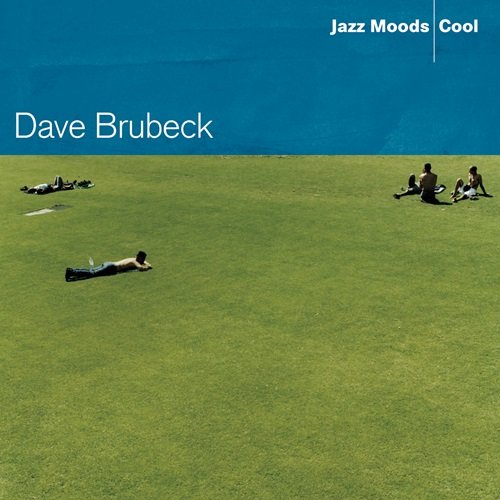
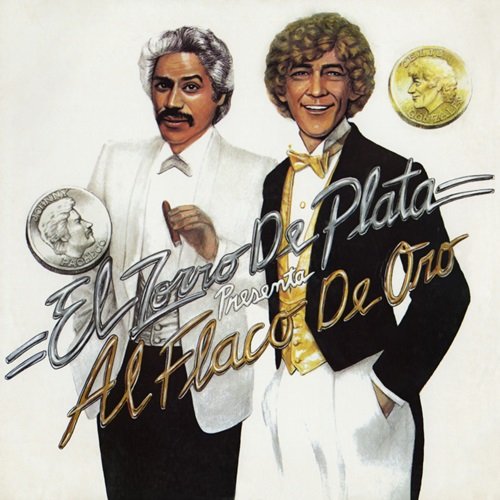

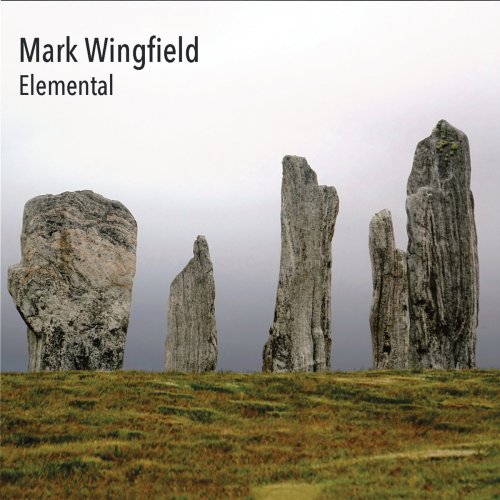
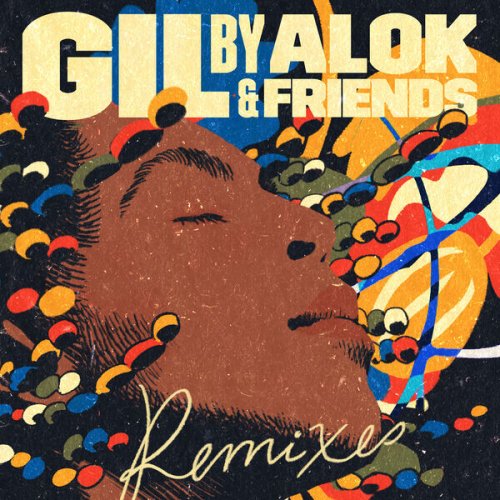
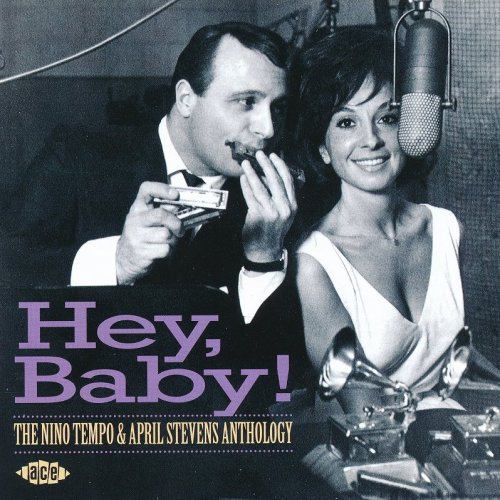
![Paul Mauriat - Mamy Blue (1971) [Hi-Res] Paul Mauriat - Mamy Blue (1971) [Hi-Res]](https://www.dibpic.com/uploads/posts/2025-12/1766140814_nqjtxk40yc4oi_600.jpg)
![Luizinho do Jêje, Marcelo Galter, Sylvio Fraga - Mocofaia (2024) [Hi-Res] Luizinho do Jêje, Marcelo Galter, Sylvio Fraga - Mocofaia (2024) [Hi-Res]](https://img.israbox.com/img/2025-12/19/ie15pqye9f7axu0oyf0ndsk7k.jpg)